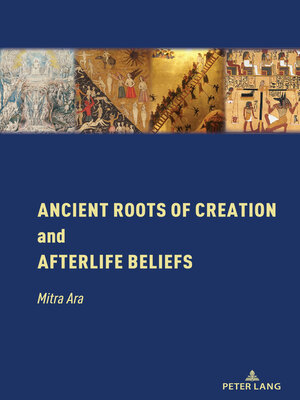
Sign up to save your library
With an OverDrive account, you can save your favorite libraries for at-a-glance information about availability. Find out more about OverDrive accounts.
Find this title in Libby, the library reading app by OverDrive.



Search for a digital library with this title
Title found at these libraries:
| Library Name | Distance |
|---|---|
| Loading... |
Interdisciplinary and cross-cultural research, aided by linguistics, archaeology, and prehistoric and historic data, provides a view of sacred and secular life in ancient times. In every Near Eastern and Indo-Iranian religion there was a belief in an orderly cosmos and society which could be troubled by an unorderly force. The social and political aspects of a society were organized and maintained by that cosmic order, and interpreted and reinforced by the religious authorities and heads of states. The cosmogonic and eschatological myths are reinforced in a society in the same manner. They justify the process of the creation and also the ensuing historical chronicles as understood by a society. Since the creation and beginning of everything are experienced and not historically documented, they are categorized as mythical. As an example, in Judaism, Christianity, and Islam, the doctrine of creation is solely based on the Book of Genesis; consequently, the religious concepts and theories regarding creation and humanity are constructed on the very same creation story. This book explores the religions of the Ancient Near East and their branches to explain their Semitic and Indo-European roots, their reverence for order and fear of chaos, heavenly rewards and unheavenly retributions, judgment and punishment, and their perspectives on death and the afterlife.







